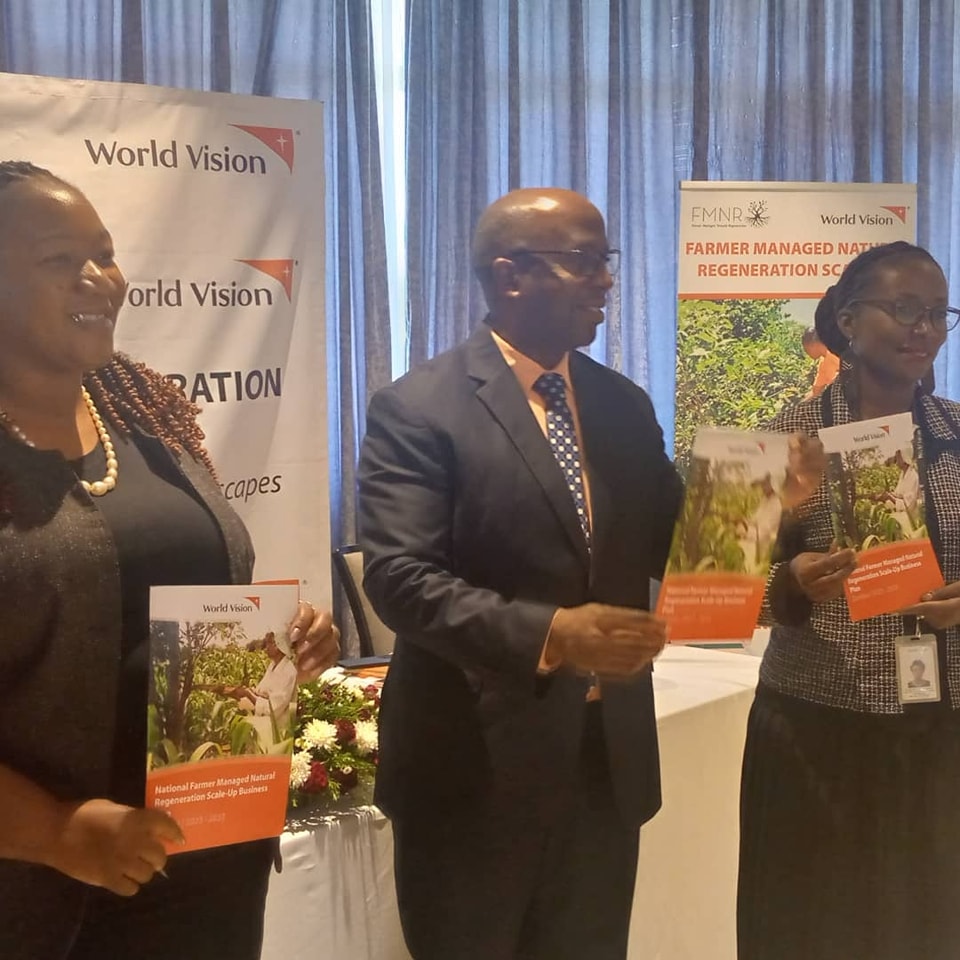World Vision Zambia Launches Ten-Year Plan to Combat Deforestation Crisis
World Vision Zambia, in collaboration with World Vision Australia, has initiated a groundbreaking ten-year business plan to tackle the country’s deforestation and land degradation crisis head-on.
Launched in Lusaka on Thursday, 23rd May, 2024, the Farmer Managed Natural Regeneration (FMNR) Scaling Business Plan aims to restore approximately 2 million hectares of degraded land across Zambia.
Hon. Eng. Collins Nzovu MP, the Minister of Green Economy and Environment, highlighted the critical need for such initiatives, emphasizing Zambia’s high deforestation rates, estimated at around 172,000 hectares annually.
He underlined the significant dependence of rural populations on forests and non-forest resources for livelihoods, making it imperative to protect these vital ecosystems.
The ten-year plan places a strong emphasis on gender inclusivity, with 52% of participants being women and girls, and 48% being men and boys. This inclusive approach not only addresses environmental concerns but also promotes gender equality and empowers communities.
The plan’s objectives align closely with the Zambian Government’s commitment to environmental protection and sustainable land management.
Hon. Nzovu commended World Vision for complementing governmental efforts and emphasized the importance of collaborative partnerships in achieving impactful results.
Ms. Faith Ngoza, Acting National Director of World Vision Zambia, emphasized the urgency of unified conservation efforts, stressing the critical role forests play in supporting both human and ecological well-being.
She highlighted World Vision’s global vision to restore 1 billion hectares of degraded land, with Zambia’s initiative contributing significantly to this ambitious goal.
Through the implementation of FMNR, World Vision Zambia aims to directly restore 600,000 hectares of degraded land, employing sustainable practices that enhance soil health, increase biodiversity, and boost agricultural productivity.
Furthermore, FMNR empowers communities by involving them directly in the regeneration process, fostering a sense of ownership and stewardship over their natural resources.



